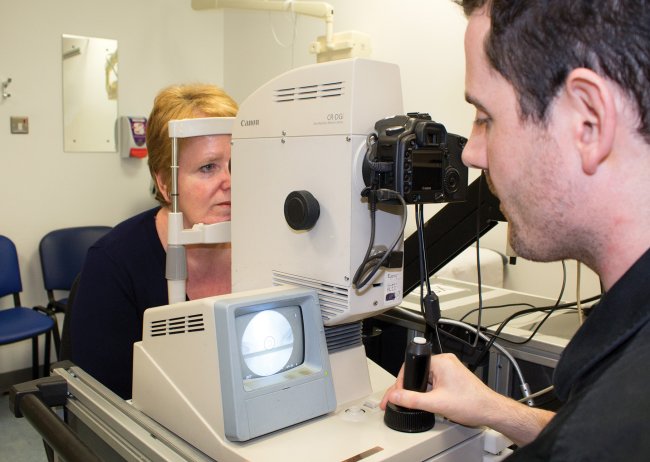Screening
 Population screening programmes have a key role to play in early detection of disease and a range of programmes are currently available in Northern Ireland. The PHA has responsibility for commissioning, coordinating and quality assuring these programmes.
Population screening programmes have a key role to play in early detection of disease and a range of programmes are currently available in Northern Ireland. The PHA has responsibility for commissioning, coordinating and quality assuring these programmes.

 Neonatal Intensive Care Outcomes Research and Evaluation (NICORE) has been routinely collecting data on neonatal units in Northern Ireland since 1994. We use this data to monitor a number of key quality markers and to ensure consistently high standards of care so that all babies admitted to a neonatal unit in Northern Ireland will benefit. The NICORE database is an important source of information which allows:
Neonatal Intensive Care Outcomes Research and Evaluation (NICORE) has been routinely collecting data on neonatal units in Northern Ireland since 1994. We use this data to monitor a number of key quality markers and to ensure consistently high standards of care so that all babies admitted to a neonatal unit in Northern Ireland will benefit. The NICORE database is an important source of information which allows:


 Bowel cancer is a significant cause of ill health and premature death.
Bowel cancer is a significant cause of ill health and premature death.